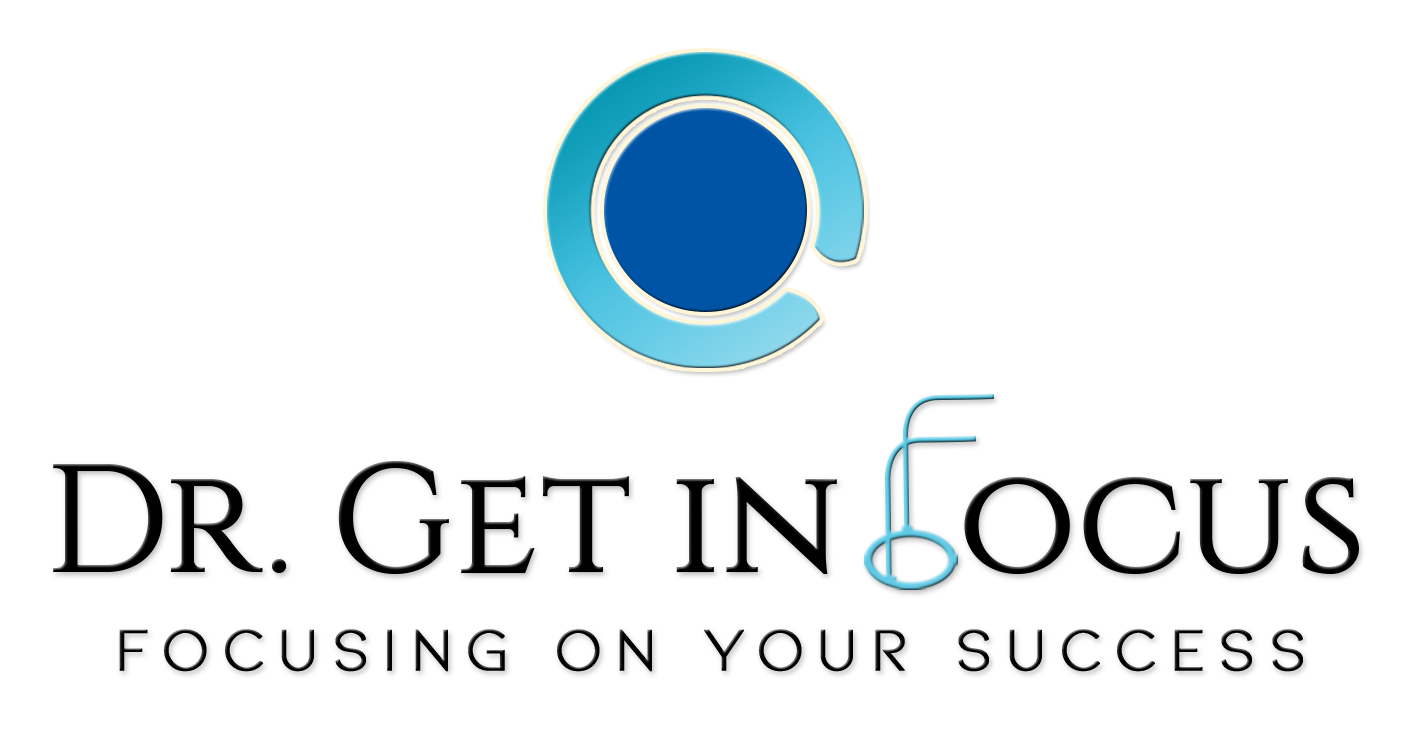ADHD in Relationships…
Oy Gavult! You've entered the Twilight Zone! Attention Deficit Hyperactivity Disorder has always been the elephant in the room in my relationship. As my beautiful wife says, "your ADHD is my OCD!.
She is a saint! She tolerates my forgetfulness in turning lights off and even forgetting to shut the door when I leave the house. We've been married almost 25 years, and although she is very loving about it, sometimes I really frustrate her!
ADHD can significantly impact personal relationships. Individuals with ADHD may struggle with communication, organization, and time management, leading to misunderstandings, conflict, and stress. However, with some effort and communication, individuals with ADHD can manage their relationships more effectively and turn them into assets rather than hindrances.
The Challenges of ADHD in Relationships
One of the most significant challenges of ADHD in relationships is communication. Individuals with ADHD may have difficulty listening attentively, following conversations, and expressing themselves clearly. This can lead to misunderstandings, frustration, and conflict with their partners, family members, or friends.
Another challenge of ADHD in relationships is organization and time management. Individuals with ADHD may struggle with keeping track of appointments, deadlines, and responsibilities. This can lead to forgetfulness, missed deadlines, and stress, affecting their relationships.
Finally, impulsivity is another challenge of ADHD in relationships. Individuals with ADHD may act impulsively without considering the consequences, leading to conflict and misunderstandings with their loved ones.
Strategies for Managing ADHD in Relationships
Despite the challenges of ADHD in relationships, individuals with ADHD can take steps to manage their symptoms and build stronger connections with their loved ones.
One effective strategy for managing ADHD in relationships is to communicate openly and honestly. It is essential to be transparent about ADHD symptoms, how they affect you, and what you need from your loved ones to support you. Being open and honest can help your loved ones understand your struggles and work together to find solutions.
Another strategy is to set realistic expectations for yourself and others. Be honest about what you can and cannot do and set achievable goals. This can help prevent misunderstandings and disappointment.
Using technology can also help manage ADHD symptoms. There are many tools available that can help you stay organized and on top of your responsibilities. For example, you can use a digital calendar to schedule appointments, set reminders, and track deadlines.
Creating structure and routine is another effective strategy for managing ADHD symptoms. You can create a daily schedule that includes work, exercise, relaxation, and spending time with loved ones. This can help you manage your symptoms and reduce stress.
Active listening is another strategy for managing ADHD in relationships. Active listening involves giving your full attention to the person speaking and trying to understand their point of view. Active listening can help you build stronger connections with your loved ones and improve communication.
Finally, seeking professional support can help manage ADHD symptoms and build stronger relationships. Working with a therapist, coach, or counselor can help you develop strategies for managing your symptoms, improve your communication skills, and build stronger relationships.
Relationship Issues and Entrepreneurship
Relationship issues can also significantly impact entrepreneurship, both positively and negatively. A supportive and stable relationship can give entrepreneurs the emotional and practical support they need to pursue their goals and overcome the challenges of starting and running a business. On the other hand, relationship issues such as conflict, stress, and lack of support can create significant barriers to success.
Managing relationships can be challenging for individuals with ADHD. Still, with some effort and communication, relationships can become an asset rather than a hindrance. By using the above strategies and building strong and supportive relationships, individuals with ADHD can turn their relationships into assets and create fulfilling and successful personal and professional lives without driving their partners crazy.
So, how can you use your ADHD in Relationships to skyrocket your business and your home life?
The answer is to call Dr. Get in Focus; he can show you! To set up your free appointment, click here on the link! https://calendly.com/dr_work_from_home/get-in-focus-vip-session-clone
Dr. Get in Focus works with businesses, entrepreneurs, and remote workers to get in focus and skyrocket their productivity. He is here to talk to see if he can help. His website is https://drgetinfocus.com to take advantage of his training programs. Check https://getinfocusworkshop.drgetinfocus.com/ for the latest workshop.
Don’t wait; get in focus today!

